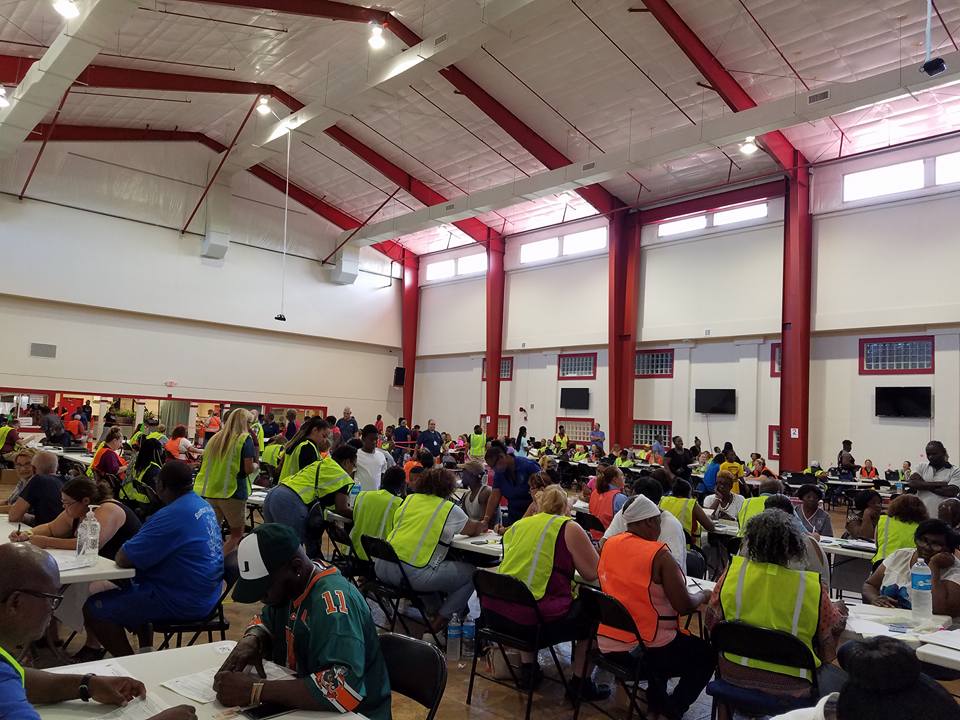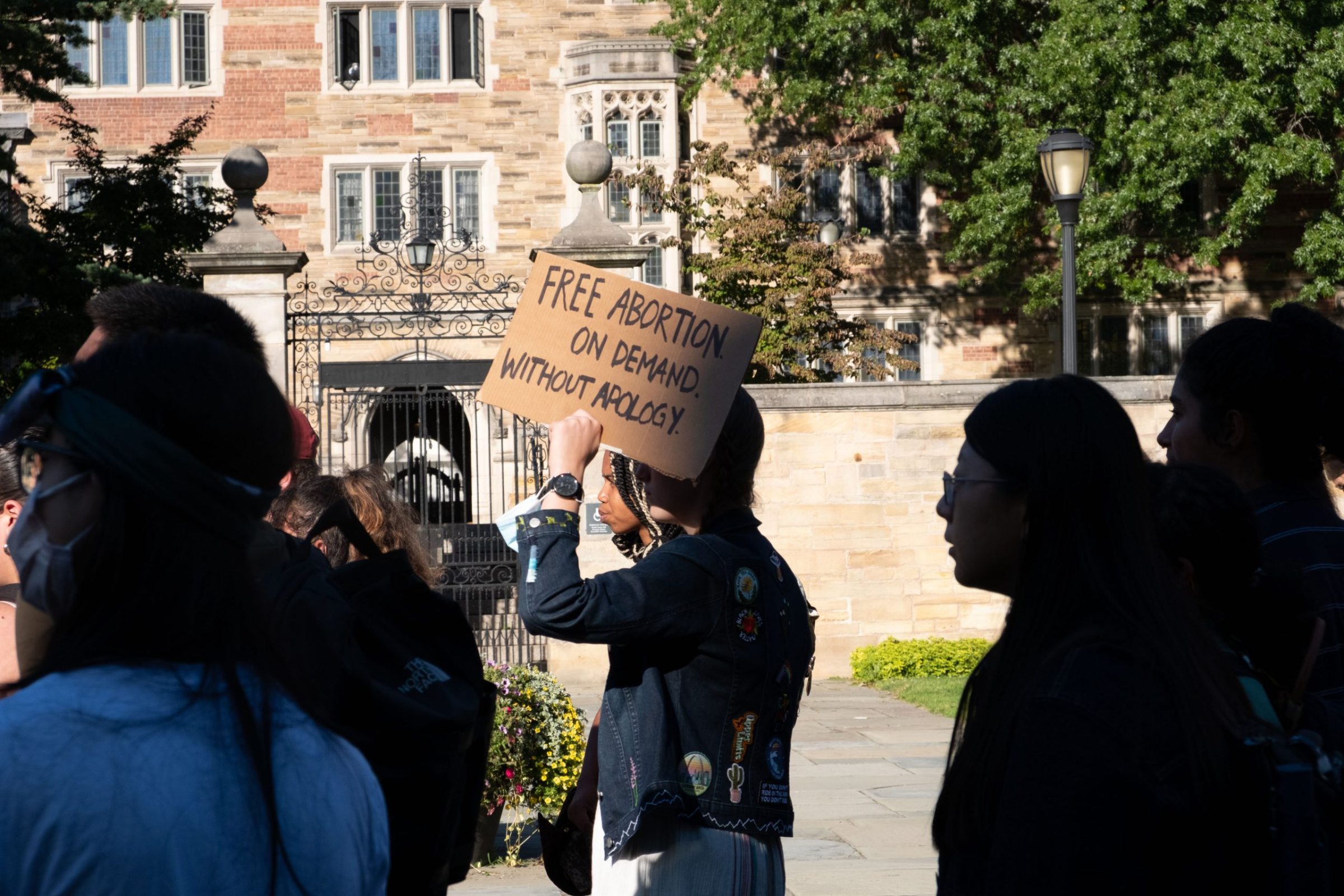
National

Like Nothing in Tennis: The Revolutionary Legacy of Serena Williams
At the 2022 US Open, a crowd of spectators holds its breath. In the massive stadium in the Billie Jean King Tennis Center, the stands are packed. Thousands of eyes are fixed on the two figures competing below. Cameras catch…

Sharing the Future: Effective Altruism and the Decision to Have Kids
Julia Wise had always imagined herself becoming a mother. Nevertheless, through a “particularly intense” stretch in her twenties, she was beset with uncertainty. “At the time, I was really focused on the money that it would cost to raise a…

Day to Day: The Stories of Homeless Women in Merritt Island, Florida
Tammy, 71, sits on the curb with her hands clasped on top of her knees, her long tangled hair wrapping around her shoulder and down her chest. She’s been growing it out, she says. It’s a statement. Tammy lost her…

Strengthening a Sanctuary: A Connecticut Abortion Fund Prepares for a Post-Roe Nation
In 2016, Jessica Puk had a second-trimester abortion for a wanted pregnancy that was not viable. She described it as “one of the worst days of my life.” “It was a terrible loss,” Puk said, “But I was very, very…

McAdams for McMullin: Utah’s Democrats Rally Behind a Conservative Independent
Ben McAdams, a former Democratic congressman from Utah, is not running for Senate this year. Nor is he campaigning for another member of his party. In fact, he won’t be voting for a Democrat at all. Instead, McAdams has spent…

What the Doctor Ordered? The Sensational Senate Campaign of Dr. Mehmet Oz
On November 8, Democratic candidate John Fetterman and Republican candidate Doctor Mehmet Oz will face one another for retiring Senator Pat Toomey’s seat in Pennsylvania’s midterm elections. A month before voters cast their ballots, polls show Oz trailing only a…

The World Watches: Yale Students Rally for Reproductive Rights
For campus activists, the link between Yale and the Supreme Court implies that the university has an additional responsibility to rectify the harms of Dobbs.

A New Frontier in Product Liability: Will Social Media be the Big Tobacco of Our Generation?
A 14-year-old boy in the throes of a mental health crisis, a mother distrustful of social media, and a lawyer with decades of experience in asbestos poisoning: Meet the players behind a new lawsuit charging four of the world’s biggest…
